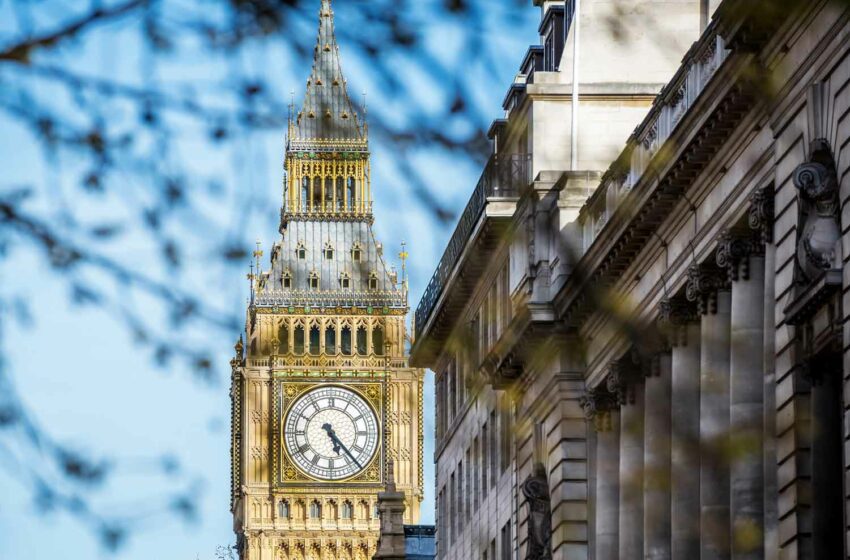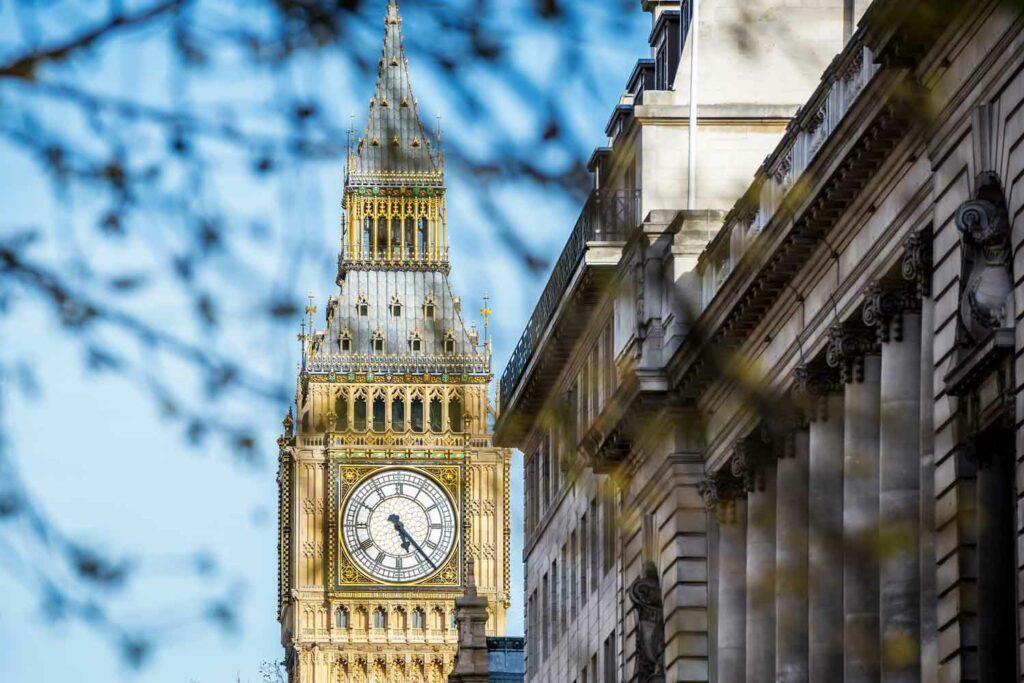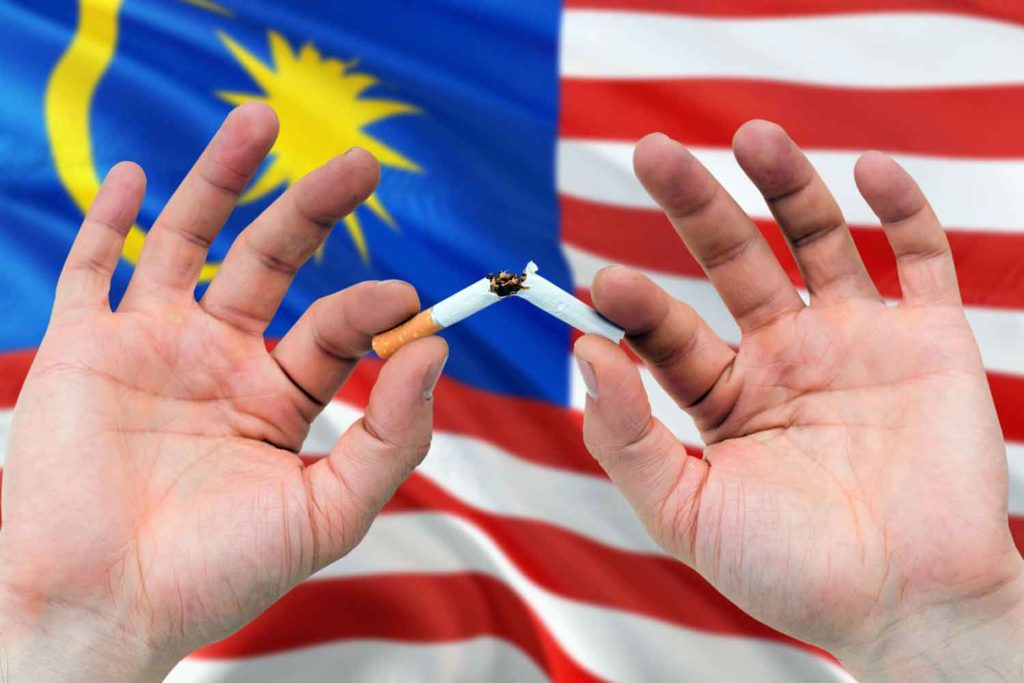
A landmark bill in the United Kingdom to ban its younger generation from smoking has cleared its first hurdle in the House of Commons.
If it becomes law, the legislation, backed by a 415 to 47 vote, would prevent anyone born after January 1, 2009, from buying tobacco.
Before then, the bill must go through further parliamentary stages, with MPs able to suggest amendments to any aspects they don’t like.
The legislation includes powers to introduce a licensing scheme for retailers to sell tobacco, vape, and nicotine products in England, Wales, and Northern Ireland.
Other proposed measures include a total ban on vaping product advertising and sponsorship, with a possible ban on the sale of sweet vape flavors, subject to consultation.
While the numbers indicate large cross-party support, there was strong criticism from Conservative, Liberal Democrat, and Reform UK MPs, who raised concerns about “civil liberties.”
The division list showed Tory leader Kemi Badenoch voted against the measure, having previously said “people born a day apart will have permanently different rights,” reports Sky News.
Former home secretary Suella Braverman, shadow immigration minister Robert Jenrick, and Sir Iain Duncan Smith were among the other high-profile Conservatives who didn’t back the bill.
While most Liberal Democrats did vote to support the bill, the party’s health spokeswoman Helen Morgan said: “The introduction of a phased smoking ban is problematic and not because Liberal Democrats want to see people smoke themselves into an early grave – far from it – but because it raises issues of practicality and raises issues of civil liberties.”




















